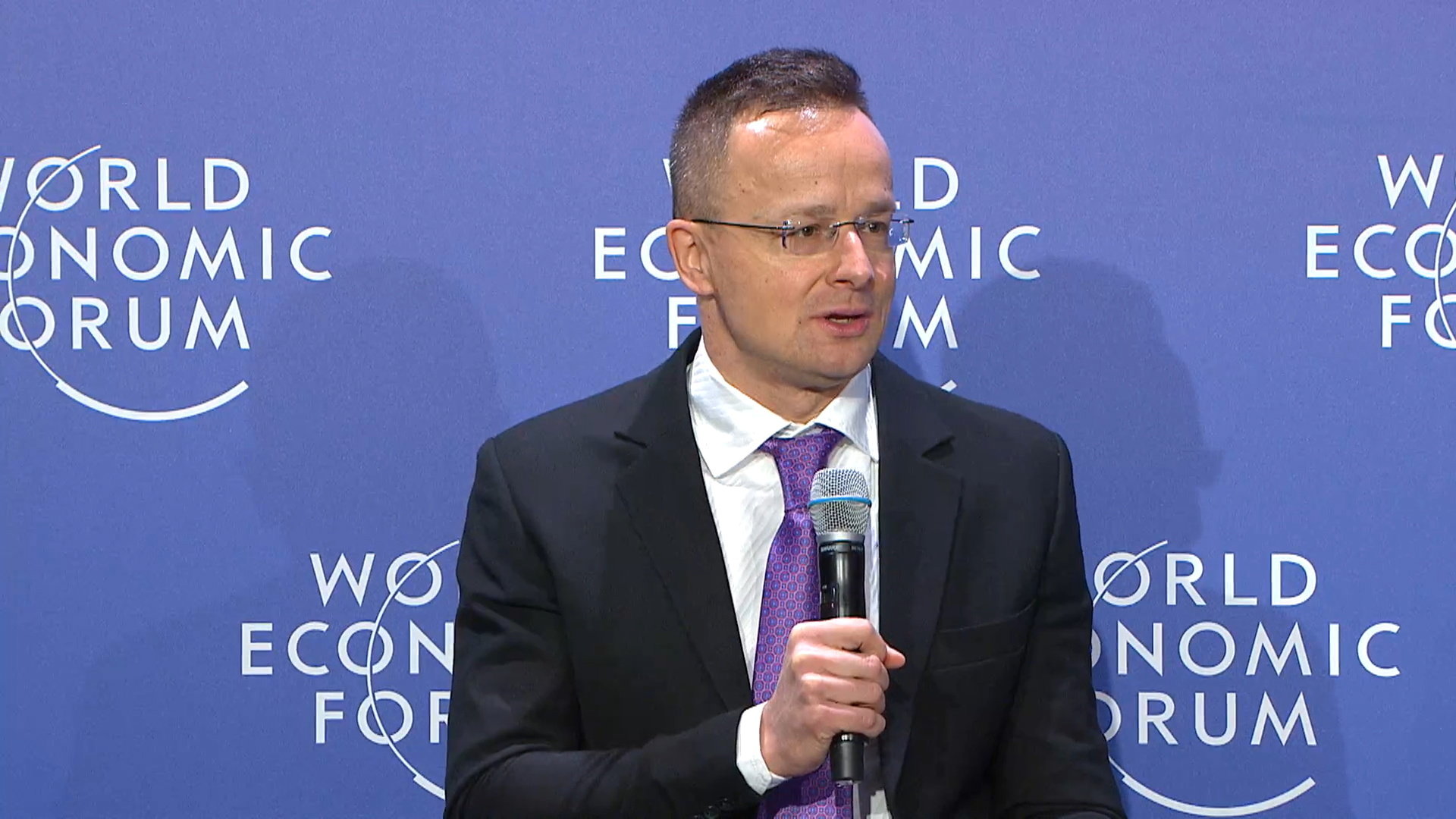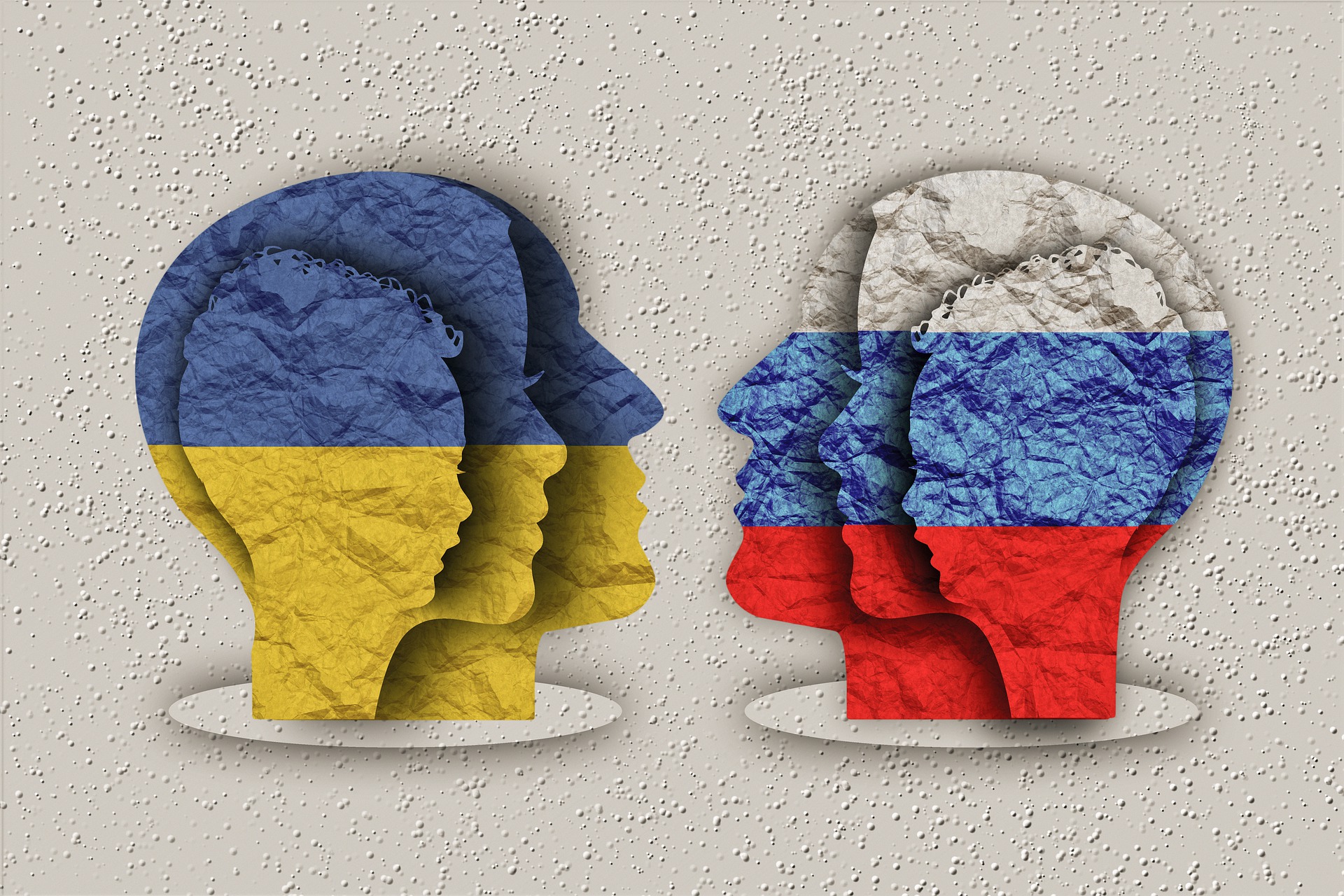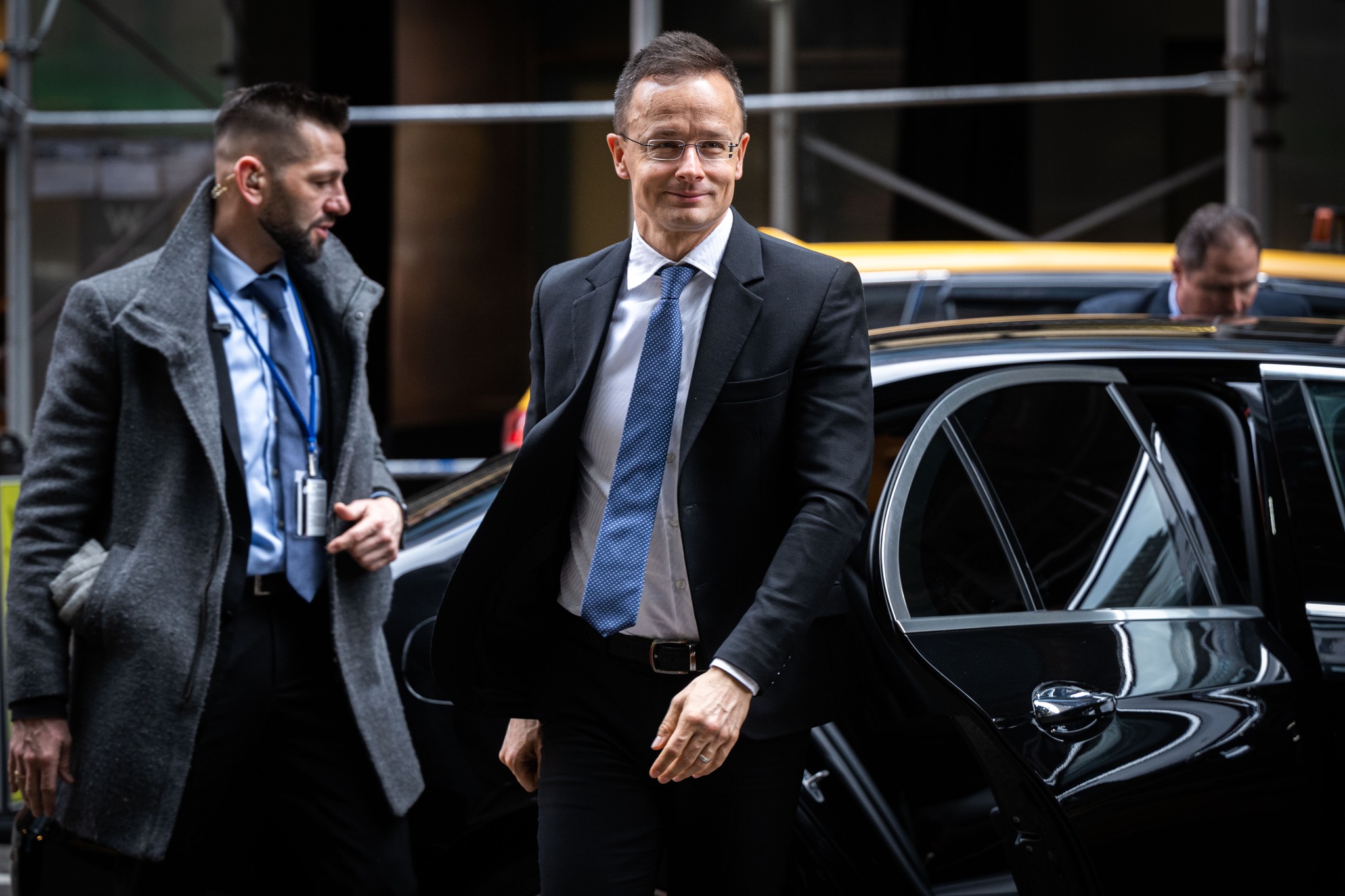
Confrontation between geopolitical blocs is always bad for those who are geographically located between two blocs, Szijjártó says.Continue reading

Over the decades, Hungary and its surroundings have developed an infrastructure that makes it physically impossible to supply Hungary with energy without Russian sources, i.e. oil and natural gas, the Foreign Minister said in an interview with Hungarian news site Origo. Péter Szijjártó added that the more sources we can get natural gas from, the more secure Hungary is.
On sanctions policy, he said that EU politicians had said when the first sanctions were decided that they would put Russia in such a difficult position that they would be forced to end the war, because they would be unable to continue. “A year later, we see that the war is not only not over, but is more brutal than ever. So the goal of sanctions has not been achieved,” Szijjártó said.

Foreign Minister Péter Szijjártó pointed out that in addition to war, which is a security crisis, we are also facing a food and global energy supply crisis, and migration flows are increasing.
Regarding Hungary’s energy situation, the Minister said that in order to diversify, they have also signed an agreement with Azerbaijan, from where electricity and natural gas will come in the future. Hungary also has a long-term 15-year contract with Gazprom, which the Russian side is fulfilling in full. If oil transport via Ukraine were to become impossible, an alternative would be maritime transport from Croatia via the Adriatic Sea. But this route cannot physically supply as much oil as the Friendship pipeline from the East, Szijjártó pointed out.
In the midst of the energy crisis, nuclear energy has become a priority, and in Hungary, the Paks nuclear power plant is helping. Szijjártó said that the four blocks have saved Hungary 3.5 billion cubic meters of natural gas imports per year and prevented the emission of about 14 million tons of carbon dioxide. If the two new blocks are built, Hungary will be much more protected and independent from any unreasonable and unrealistic price movements on the international energy market, he added.
In the interview, Szijjártó also spoke about the boom in the electric car industry and the fact that Hungary is at the forefront of electric battery production capacity. He said that
the country’s great advantage is that investors from the West and the East trust it equally, because it has never differentiated on the basis of nationality, never discriminated against investors on the basis of where they come from.
He pointed out that in the electric car industry, electric cars are made by the big Western companies and electric batteries by the big Eastern companies. Of the ten largest electric battery companies in the world, all are Eastern (seven Chinese and three Korean).
Thanks to the electric automotive investments and others, the Foreign Minister pointed out that in 2022, the Hungarian economy achieved a triple record: the investment record, the export record, and the employment record were all broken. He added that it is already certain that the investment record in Hungary will be broken this year.
In addition to economic issues, the situation of the Hungarian minority in Ukraine, where anti-Hungarian decisions have recently been made, was also discussed. Szijjártó said that
the government had already indicated to the Ukrainians that it was unacceptable for them to take steps backwards in the area of minority rights, but the Ukrainians did not accept their requests.
Although the issue was put on the back burner because of the war, another minority law has now been passed in Ukraine which adversely affects Hungarians living there. “We continue to call on them to stop curtailing the rights of Hungarian national minorities,” Szijjártó emphasized.
The minister concluded the interview by saying that the main question for this year is whether it will end in war or peace. In his opinion, peace depends on dialogue, but this requires a US-Russian dialogue.
Featured photo via Facebook/Péter Szijjártó, Pixabay